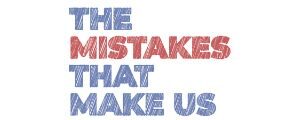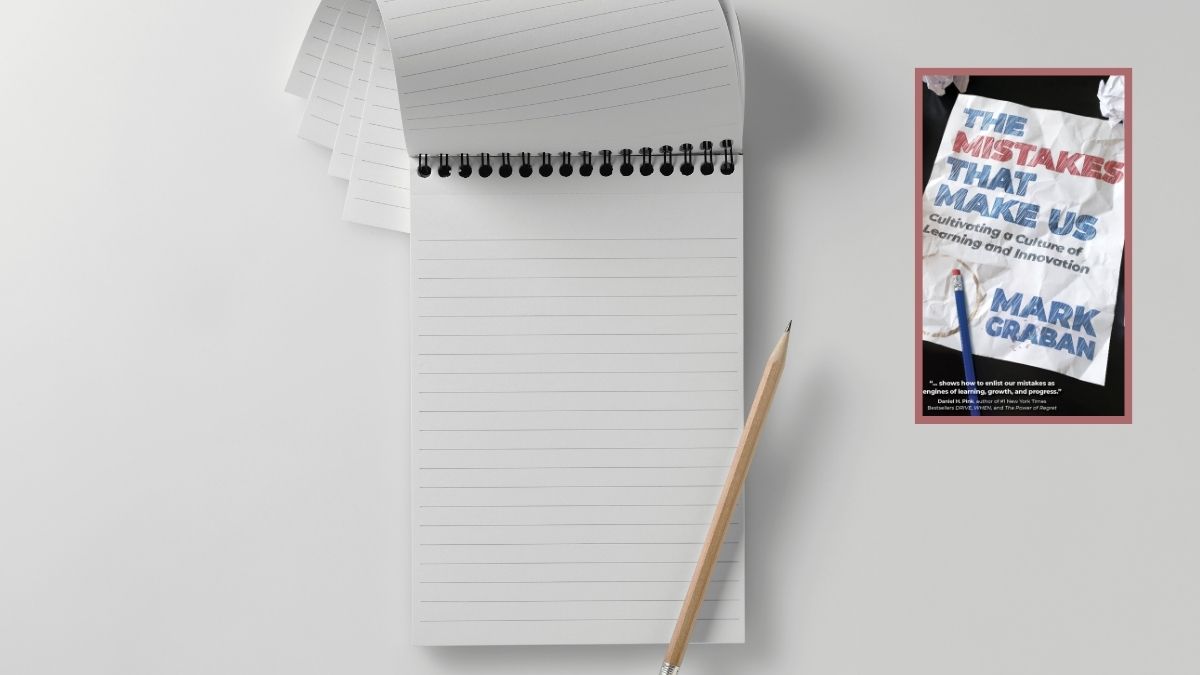In this post, we delve into the insightful experiences of J.A. Adande, a renowned journalist and educator whose encounters with journalistic accuracy provide a compelling perspective on learning from mistakes. His story, especially the ‘Medill F’ from Northwestern University, echoes the key themes from “The Mistakes That Make Us: Cultivating a Culture of Learning and Innovation,” highlighting the delicate interplay between striving for perfection and embracing the inevitability of errors in professional life.
J.A. Adande, a long-time sports columnist and ESPN commentator, now teaches at Northwestern University’s Medill School of Journalism, Media, Integrated Marketing Communications. He made a mistake while writing a human interest story about a California soccer coach whose father had died. During the coach’s grief, his players urged him to keep coaching as a tribute to his dad.

After it went to print, the coach told J.A. that he liked the story, but “his name was Steve, and you called him Dave.”
J.A. was mortified, but as he recalls the mistake, “I was just so convinced, as I was writing it, that his name was Dave that I didn’t double check it. I thought I was right. That wasn’t good enough. My mistake was that I trusted myself. You should never trust yourself.”
Maybe that’s true when some sort of fact is easily verifiable — double-check if in doubt and do so even if you’re confident. Thinking back to a story from Chapter 2, if Greg Cote couldn’t confirm the soccer player’s story through another source, he could have simply not written the story. Time spent double-checking to prevent an error would have been worth the reduced risk of error and embarrassment in these cases.
In his episode, J.A. and I discussed the “Medill F,” a famous grade in journalism. It’s given out to students who have written an excellent article while being wrong with some verifiable fact, like a name or the spelling of a place.
“It’s not an expectation that everybody’s going to be perfect. You don’t get an F for a typo, but you get an F if you misspell somebody’s name. It speaks to the standards that Medill has held traditionally. The goal is to instill that dread, that fear, that sick pit in your stomach from making a mistake and having it get to print.”
Does the practice of the “Medill F” make the professors feel like they are helping? I’ve been in enough fear- and punishment-based workplaces, including factories and hospitals, to be convinced that fear is ineffective and counterproductive. Teaching and reinforcing the journalistic best practices of having a second source and checking names might be more effective as procedural mistake-proofing, even if it’s not perfect. I wouldn’t expect the fear factor to help.
If fear worked, the General Motors factory that I started at in 1995 would have had world-class quality. If the threat of punishments prevented healthcare errors, patients wouldn’t be harmed at the high rates we see today (an estimated one in four hospital patients in the U.S.).
I could be wrong. I’d love to see data about the impact of the Medill F. Do students who receive that threat or that grade make fewer mistakes than students who don’t? If so, does the effect wear off over time as our confidence builds from not making mistakes (or not having them discovered)?
When J.A. was teaching journalism at the University of Southern California, he unilaterally adopted this policy, remembering his days as a Northwestern student. J.A. said the best reward was a student thanking him for instilling the importance of double-checking every detail.
J.A. says,
“We’re all going to make mistakes, but you want to minimize it.”
There we have it — minimizing is not the same as eliminating. That’s why writers have editors and proofreaders to guard against factual errors and typos.
The “Medill F” might be a cute story, but it doesn’t seem to be grounded in any science — it‘s likely a mistake to adopt that fear-based approach in other workplaces. I’m not blaming J.A. for that. The policy might be a mistake at Medill — how would they evaluate the effectiveness of their policy? How do the actual outcomes compare to their expected outcomes?
Would they fear it’s a mistake to change that policy? How would they evaluate that decision?
In conclusion, J.A. Adande’s experience with the ‘Medill F’ echoes the principles in “The Mistakes That Make Us: Cultivating a Culture of Learning and Innovation.” It illustrates the significance of accuracy in journalism and the learning potential of mistakes. This aligns with the book’s emphasis on using errors as learning opportunities rather than fostering a fear-based environment. J.A.’s journey reinforces the idea that acknowledging and learning from mistakes, rather than solely focusing on their avoidance, is a crucial step toward personal and professional growth.



